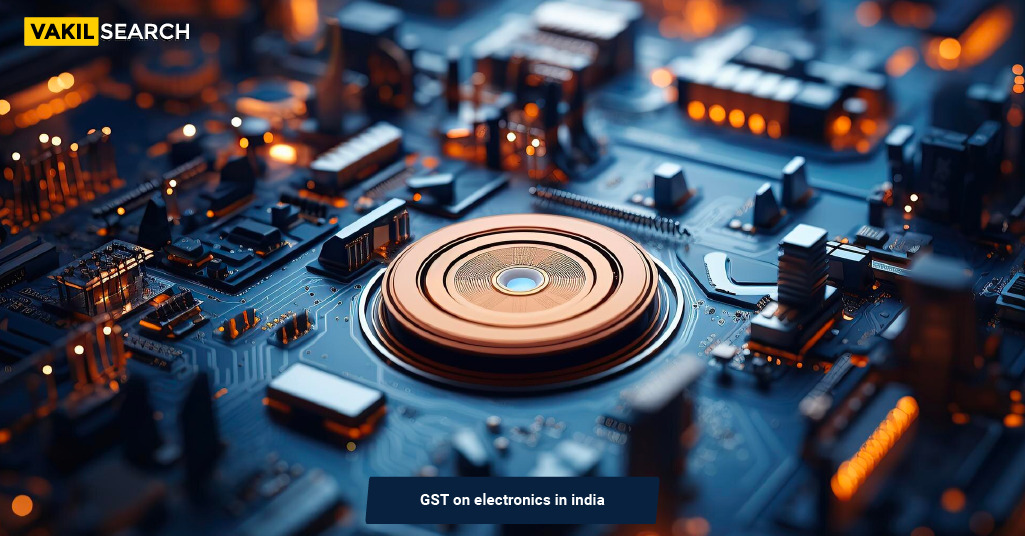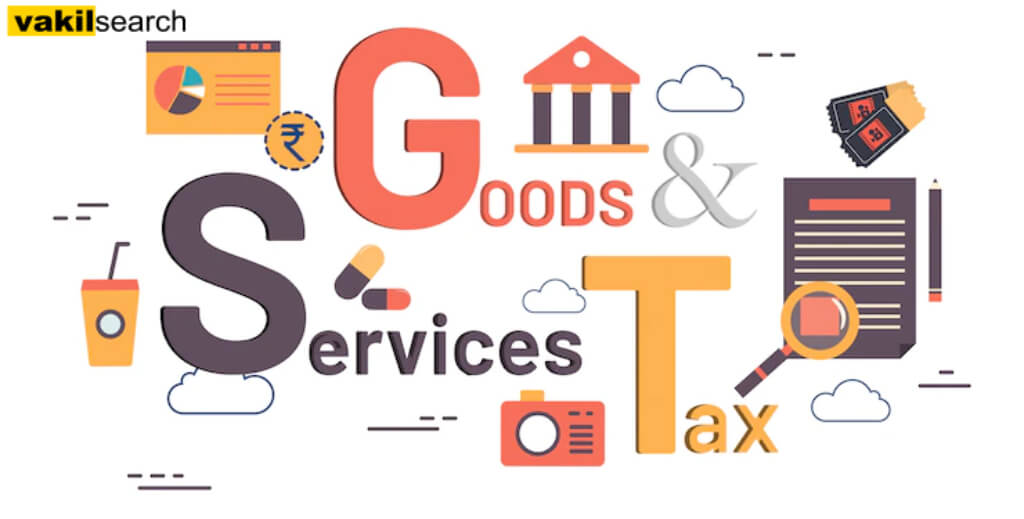GST affects electronics with varying tax rates and input credits. It plays a significant role in pricing and compliance for businesses and consumers in the electronics sector.
GST on Electronics
The Goods and Services Tax (GST) is a comprehensive indirect tax levied on the supply of goods and services across India. Electronics fall under the purview of goods and service tax, and the applicable tax rates vary depending on the type of electronic product.
Impact of GST on the Electronics Industry
The implementation of GST has had a mixed impact on the electronics industry. On the one hand, it has simplified the tax structure and reduced compliance costs for businesses. However, the higher GST rates on certain electronic items have made them more expensive for consumers, which has dampened demand.
Impact of GST on Consumer Electronics
The impact of GST on consumer electronics has been particularly significant. The GST rate on mobile phones, for example, was increased from 15% to 18% in 2019, which led to a decline in sales. Similarly, the GST rate on televisions was increased from 18% to 28%, which also had a negative impact on demand.
Impact on Business Owners
The introduction of the Goods and Services Tax (GST) in 2017 was aimed at simplifying the tax system across India by replacing a variety of indirect taxes with a single framework. This change has significantly impacted business owners, especially those dealing in the electronics sector, where GST rates vary based on the type of product. For instance, mobile phones and TVs under 32 inches attract a GST of 18%, while TVs larger than 32 inches are taxed at 28%. Cameras uniformly attract a 28% GST rate. To manage pricing strategies effectively and ensure compliance with these regulations, business owners need to be proactive about GST registration and understand the specific GST rates applicable to different electronic products. This awareness is crucial to prevent any compliance issues and maintain proper pricing in the dynamic market.
Small business owners need to be careful when modifying prices to include GST since it might have an impact on their profitability and competition. They also have difficulties when trying to collect input tax credits for things like office supplies, which makes keeping accurate records necessary.
For instance, small business owners that sell electronics could have to raise their pricing to cover the GST applied on their products. This may make their goods and services less competitive, necessitating the search for other funding sources or sources of income.
GST Rates on Electronics
Here’s a summary of the GST rates applicable to different types of electronic products, which can be referred to as the electronic item GST rate list:
- 5% GST: Solar panels, batteries for solar panels, and other related products.
- 12% GST: Mobile phones (new and old), televisions up to 27 inches, refrigerators, washing machines, and other home appliances.
- 18% GST: Transmission, distribution, and associated products.
- 28% GST: Primary batteries and primary cells, electric accumulators, vacuum cleaners, and other electronic items not covered under other rates.
GST on Mobile Phones
The GST rate on mobile phones was increased from 15% to 18% in 2019. This has made mobile phones more expensive for consumers, but it has also led to an increase in the demand for refurbished and second-hand phones.

HSN Code for Electrical Items in GST
The Harmonized System Nomenclature (HSN) code is a standardized international system for classifying goods traded across borders. The HSN codes for electrical items in GST vary depending on the specific product. For example, the HSN code for mobile phones is 851712, while the HSN code for televisions is 852810.
FAQs on GST on Electronics
Is GST applicable to electronic products and devices?
Yes, GST is applicable to all electronic products and devices, including mobile phones, laptops, televisions, refrigerators, washing machines, and other home appliances.
What is the GST rate on electronic items in India?
The GST rate on electronic items in India is different for different products. The following table summarizes the GST rates for various types of electronic goods:
- Mobile phones (new and old) - 18%
- Televisions up to 27 inches - 12%
- Refrigerators, washing machines, and other home appliances - 12%
- Solar panels, batteries for solar panels, and other related products - 5%
- Transmission, distribution, and associated products - 18%
- Primary batteries and primary cells, electric accumulators, vacuum cleaners, and other electronic items not covered under other rates - 28%
Are there any exemptions or concessions for electronic goods under GST?
Yes, there are a few exemptions and concessions for electronic goods under GST. For example, the GST rate on solar panels, batteries for solar panels, and other related products is only 5%. Additionally, the GST rate on certain electronic products for disabled persons is exempted.
Can businesses claim Input Tax Credit (ITC) on GST paid for electronic purchases?
Yes, businesses registered under GST can claim Input Tax Credit (ITC) on the GST paid for electronic purchases used for business purposes. The ITC can be used to offset the GST liability on their own sales.
Is GST applicable on the repair and maintenance of electronic devices?
Yes, GST is applicable on the repair and maintenance of electronic devices. The GST rate for repair and maintenance services is 18%.
How does GST impact the pricing of electronic products for consumers?
The implementation of GST has led to an increase in the prices of some electronic products, particularly those that were previously taxed at a lower rate. For example, the GST rate on mobile phones was increased from 15% to 18% in 2019, which led to a hike in the prices of mobile phones.
Can individuals claim GST refunds on electronic purchases for personal use?
No, individuals cannot claim GST refunds on electronic purchases for personal use. GST refunds are only available to businesses registered under GST.
How do I verify if the correct GST has been charged on electronic purchases?
To verify if the correct GST has been charged on electronic purchases, you should check the invoice issued by the seller. The invoice should clearly indicate the GST rate applied and the amount of GST charged. You can also use the GST Rate Finder tool on the GST portal to verify the correct GST rate for a particular product.
What are the implications of GST on electronic manufacturers and sellers?
The implementation of GST has had a significant impact on electronic manufacturers and sellers. They have had to adapt their systems and processes to comply with the new tax regime. Additionally, the higher GST rates on some electronic products have affected their profit margins.
Is GST applicable to imported electronic products and devices?
Yes, GST is applicable to imported electronic products and devices. The GST rate for imported goods is the same as the domestic GST rate for the same product. However, there may also be additional customs duties applicable to imported goods.
What is GST on refrigerators?
Goods and Services Tax (GST) on refrigerators in India is levied at a rate of 18%. This tax rate falls under the category of standard goods, reflecting the government's classification of refrigerators as essential appliances subject to moderate taxation for both consumers and manufacturers.










